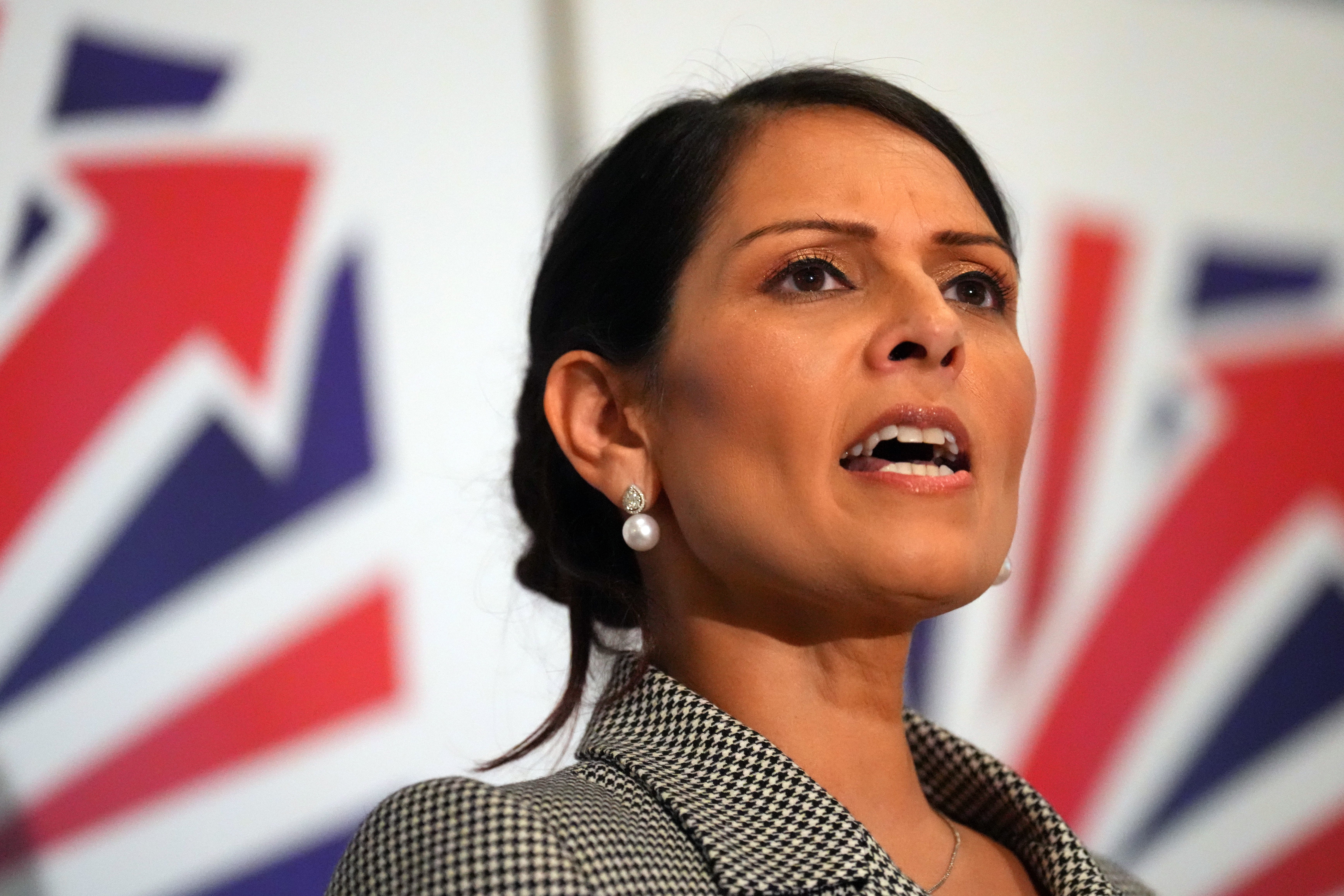
"Mel Stride Named Shadow Chancellor, Patel Takes Foreign Affairs in New Tory Lineup"
Today, Kemi Badenoch, the new Conservative leader, has set a bold new tone for the party by announcing her shadow cabinet appointments. Mel Stride steps into the role of Shadow Chancellor, while Priti Patel is now Shadow Foreign Secretary. This lineup is aimed at uniting the party by balancing perspectives from across its political spectrum. Badenoch’s appointments send a clear message about her intent to bring cohesion to a party that has struggled with division in recent years.
Stride, a senior figure in the party’s more moderate faction, brings a wealth of experience, having served as the former Work and Pensions Secretary. His financial policies lean toward practicality with a progressive touch, a balance intended to appeal to voters who prioritize fiscal stability. His stance on social policies, however, has drawn both support and criticism over the years. For example, he has previously voiced concerns over the financial impact of parental benefits on small businesses, suggesting that the UK might consider scaling back some of these protections to stimulate economic growth, as other countries have done.
Also Read:- Powerful Storm Brings Warnings of Heavy Rain, High Winds, and Power Outages to Vancouver Island
- Prepare for Election Day in Florida: Where, When, and How to Vote
On the other side, Priti Patel's appointment as Shadow Foreign Secretary marks a significant choice. Known for her assertive and often controversial stances on immigration and international policy, Patel will undoubtedly bring a strong voice to Conservative foreign affairs. Her previous tenure as Home Secretary included notable disagreements with party leadership, which resulted in her resignation over unauthorized meetings abroad. Badenoch's decision to bring Patel into this high-profile role signals a commitment to incorporating a variety of viewpoints, even if some might be considered polarizing.
These key appointments mark Badenoch’s focus on party unity. She appears dedicated to forming a leadership team that reflects the Conservative Party’s diverse voices, all aimed at challenging Labour’s policies on economic and social issues. Notably, she also appointed Robert Jenrick as Shadow Justice Secretary, whose allies believe that unity is crucial to a successful opposition.
As for public policy, education has already emerged as a battleground. Labour's recent decision to raise tuition fees in England by £285 per year has prompted fierce opposition from Conservative leaders. Shadow Education Secretary Laura Trott criticized Labour, arguing that the fee increase breaks previous pledges and fails to address longstanding concerns about student debt. Conservatives are positioning themselves as defenders of affordable education and advocates for policy transparency.
Badenoch’s shadow cabinet is strategically diverse, blending traditional and reformist elements. This move could bring stability and attract a broader base ahead of the next general election. Time will tell if this approach will resonate with the public and strengthen the party's image. For now, it’s clear that Badenoch is prepared to lead with an inclusive yet firm approach, pushing the Conservatives to rally around a shared mission as they prepare for the challenges ahead.
Read More:

0 Comments